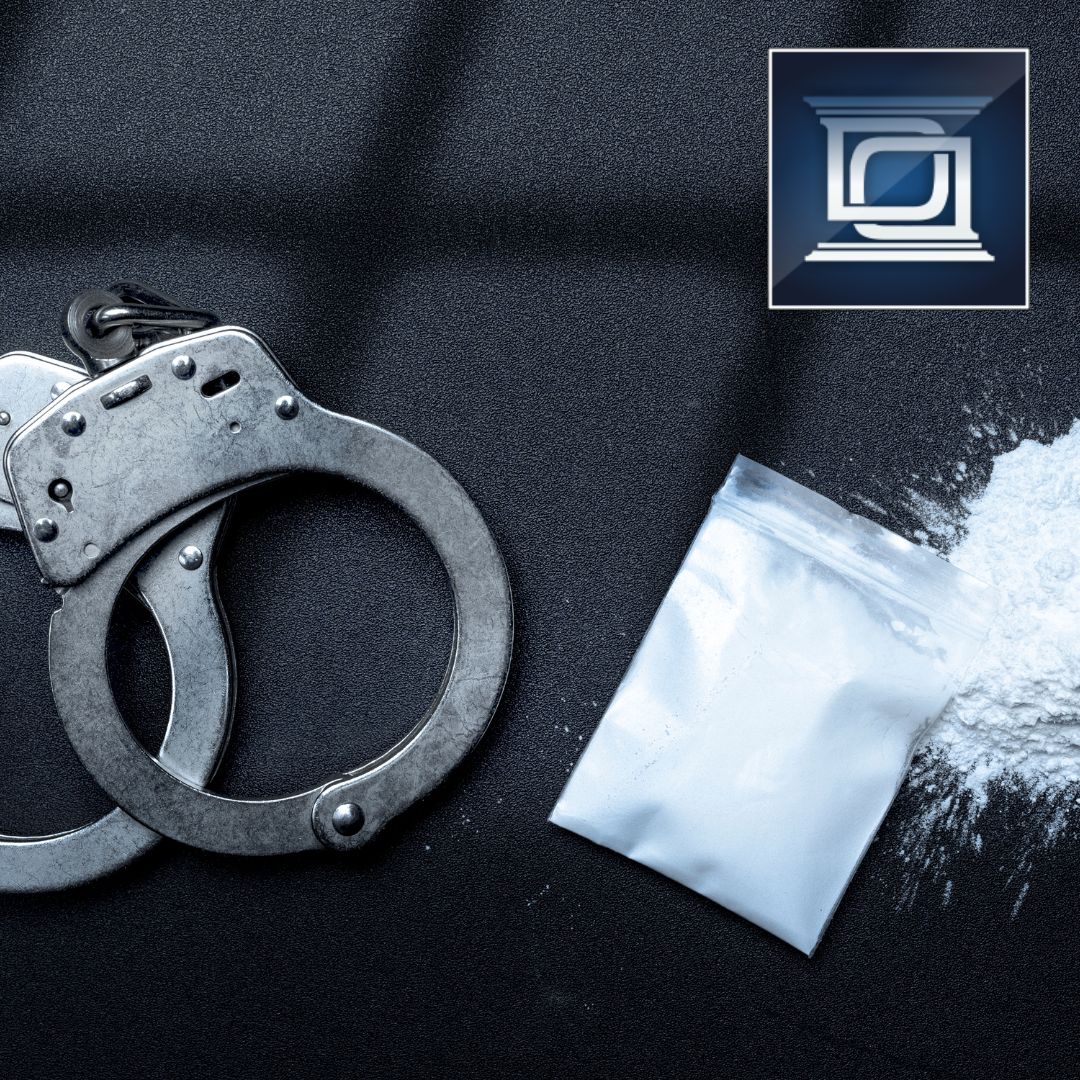Cocaine charges in British Columbia can be serious offences, depending on the amount of cocaine in your possession and the circumstances surrounding your case. However, recent legislation has relaxed some of the laws pertaining to cocaine charges and drug possession. So what does this mean for you?
We’ll take a deep dive into the laws regulating cocaine in B.C. and what you can do to protect yourself if you were hit with cocaine charges.
The Laws Regulating Cocaine Charges in B.C. pre-2023
First, before we get into what is different now vs. in the past, it’s important to understand a few things.
Under the Controlled Drugs and Substances Act, cocaine is classified as a Schedule I drug, which means it is considered a highly addictive and dangerous substance. Possession of cocaine is still illegal in Canada, and penalties can still range from fines to imprisonment, depending on the quantity of cocaine involved and other factors.
In the past, if an individual was found in possession of less than one gram of cocaine in British Columbia, they could be charged with possession of a controlled substance. This offense carried a maximum penalty of seven years imprisonment, a fine, or both.
If an individual was found in possession of more than one gram of cocaine in British Columbia, they could be charged with possession for the purpose of trafficking. This offense carried a maximum penalty of life imprisonment, a fine, or both.
In past drug charge cases, penalties could also be influenced by factors such as prior criminal history, the presence of aggravating circumstances (such as trafficking to minors or in a school zone), and the individual’s intent for possessing the cocaine (e.g., for personal use or distribution).
However, British Columbia has been making changes in its laws to address the drug and opioid epidemic in a better way. BC implemented harm reduction strategies to address drug use and addiction, such as providing access to harm reduction services like supervised consumption sites and overdose prevention sites. The province also implemented a Good Samaritan Drug Overdose Act, which provided immunity from simple drug possession charges for people who called for help during an overdose.
Our government is continuing to make changes to the law in an attempt to help, rather than punish people who are affected by the drug crisis.
Cocaine Charges & Personal Possession Laws in 2023
On January 31, 2023, new legislation went into effect in BC.
The government of British Columbia requested an exemption under the Controlled Drugs and Substances Act for small amounts of certain drugs. As a result of this exemption:
“Adults 18+ years in BC will not be arrested or charged for the possession of a cumulative amount of up to 2.5 grams of these illegal drugs for personal use:
- Opioids (including heroin, morphine, and fentanyl)
- Cocaine (including crack and powder cocaine)
- Methamphetamine (meth)
- MDMA (ecstasy)
This doesn’t mean that these drugs are legal now – they’re still prohibited, and there is no legal way to purchase them. However, the police cannot arrest you for simple possession of these drugs, including cocaine, provided you are carrying under 2.5 grams.
If you were arrested for possession under this amount in 2023, contact the criminal defence lawyers here at Dhanu Dhaliwal Law Group as soon as possible – we can help you fight an unjust arrest.
The Government of Canada also put out this statement about the exemption:
“Evidence on effective and safe threshold amounts of these drugs is limited. As this is the first exemption of its kind in Canada, ongoing monitoring will inform if it is contributing to its objectives, which includes reducing stigma and substance use harms and increasing access to health and social services for people who use drugs in BC.”
What You Can Still be Arrested For
Since cocaine is still illegal, you can still be arrested for possessing, distributing, or trafficking cocaine in BC.
As stated by the government:
“Unless authorized, any amount of illegal drugs, including the four listed in the exemption, cannot be possessed
- in and surrounding elementary and secondary schools and child care facilities
- in airports
and cannot be
- imported or exported
- produced
- given away, administered, supplied or sold
- sent or delivered
- used while operating a motor vehicle or watercraft”
So, regardless of the amount of cocaine in your possession, if you are caught near a school or child care facility, or in an airport, you can still be arrested and charged. Additionally, the selling, distributing, or trafficking of cocaine is an arrestable offence, as well as the use of cocaine while driving (a car/truck or boat).
Contact a Criminal Defence Lawyer Today
Whenever laws change like this, there is a lot of room for confusion, mistakes, and even deliberate injustices.
The lawyers at Dhanu Dhaliwal Law Group can give you the best criminal defence in BC. We’ll help you fight drug charges and ensure that there is recourse if you were not given fair and just treatment by the law. Contact us today by filling out our form or by calling our office at the number at the top of the page. We can help you get the best possible outcome for your case.





